ISGH River Oaks Islamic Center
3110 Eastside St. Houston, TX 77098
Suhbah Institute and ISGH River Oaks Islamic Center invites married and engaged couples to:
A Once-a month Potluck, with Game Night, and Marital Enrichment Activities
For Engaged and Married Couples
Free Babysitting will be provided!
Come out to have fun, socialize with other couples, and strengthen your relationship!
Imam Mahad and Ustadha Safiya (certified marriage enrichment facilitators)
will lead the “Love and Marriage” series utilizing engaging activities to nurture a couple’s relationship including: Languages of Love, Communication, Conflict Resolution and much more!
7pm – Food and social
8pm – Marital Enrichment series
9pm – Game night and fun!

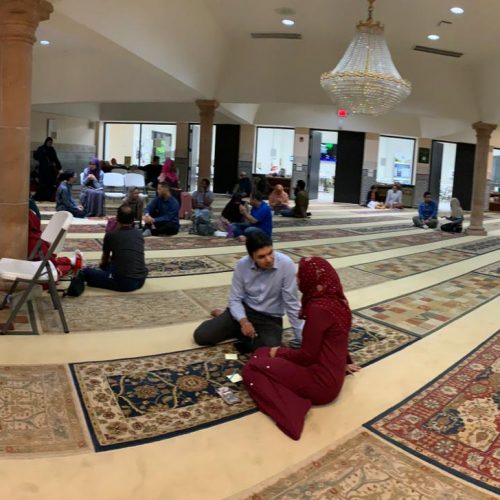

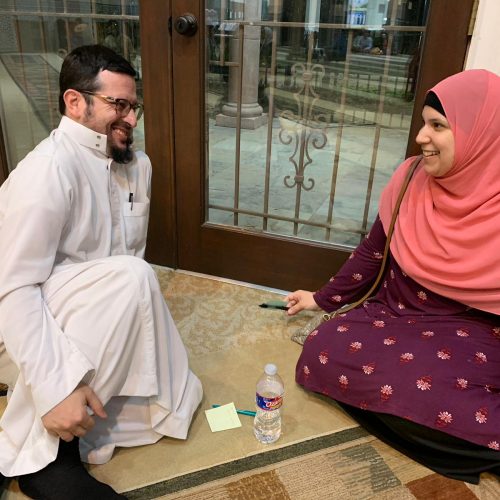
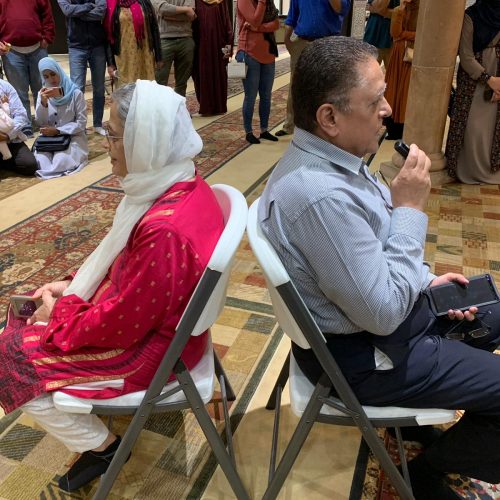
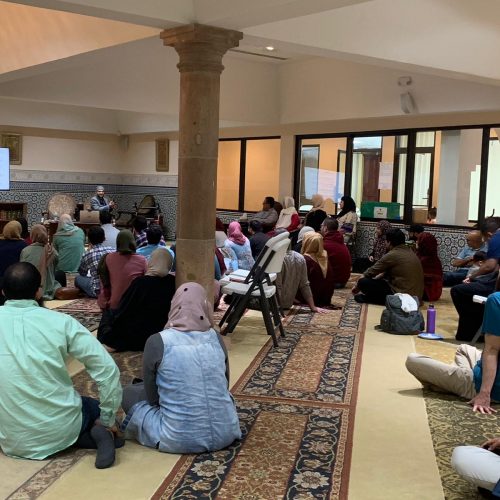

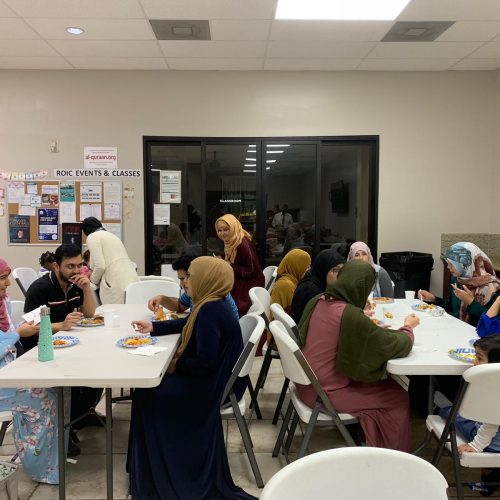
1111 Conrad Sauer Dr, Houston, TX 77043, USA | info@suhbah.com
© 2025 SUHBAH INSTITUTE. All rights reserved.